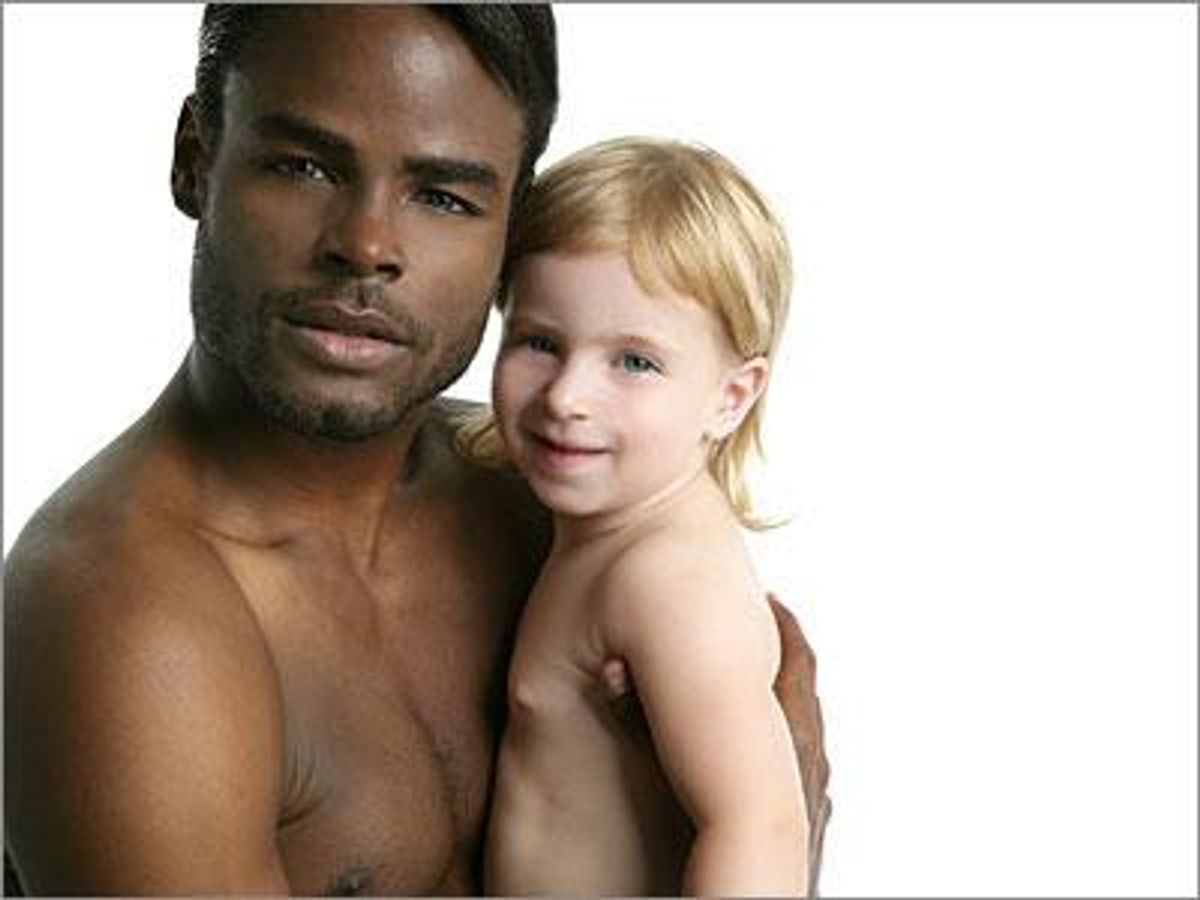Are you curious about starting a family but unsure how or where to begin? Ready to join the more than 11,000 same-sex couples raising an estimated 170,000 biological, step, or adopted children? There are a lot of questions you have to ask yourself before having a son or daughter. For same-sex couples there are the options of adoption, fostering, and surrogacy. In a series of articles we're asking adoption agencies, lawyers, and other informed professionals what they think potential parents should work through before having a child.
In this first installment, we put forward questions to Adoption Connection in San Francisco. Adoption Connection is a licensed adoption agency that has completed more than 2,000 open adoptions since 1984.
What thought process would you suggest prospective LBGT parents undertake when deciding on surrogacy vs. open adoption?
The same questions we would ask heterosexual couples: Are you interested in parenting an infant only, or would you be open to parenting a child that is older? Is it important for you to be biologically related to your child, and why? How will you discuss how your child came into your family? What is your budget?
Do certain families benefit more from choosing adoption over surrogacy? Or is it more about a level of comfort and preference?
Talking about the choice pre-adoption or surrogacy: We would say that families who want a substantial amount of biological information on both the birth mother and father as well as greater involvement in her pregnancy would be better suited for surrogacy. Talking about the choice post-family: It depends on what you mean by the word "benefit." If you are talking the success of your family and child outcome, it doesn't matter. We think it is really important to remember how successful families parent, so we would agree with the latter statement that it comes down to level of comfort and preference. Research shows that the families that do best (whether having kids biologically related, through surrogacy, or through adoption) are the ones that have a strong family narrative and can talk openly about struggles. So we would say that "benefit" means that whatever path you choose that you can talk about it confidently and without shame, discomfort. or guilt. If you can do that in whatever process you choose, we believe, your child will benefit. Another good research finding is this.
Do I have more control over the surrogacy process than the open adoption process?
Much more control over the outcome, because you are paying the surrogate and she will sign a contract with the attorney or agency. In open adoption a woman is voluntarily choosing to place her baby with an adoptive family. She legally has the right to change her mind any time until she gives birth and signs her relinquishment documents.


















































































